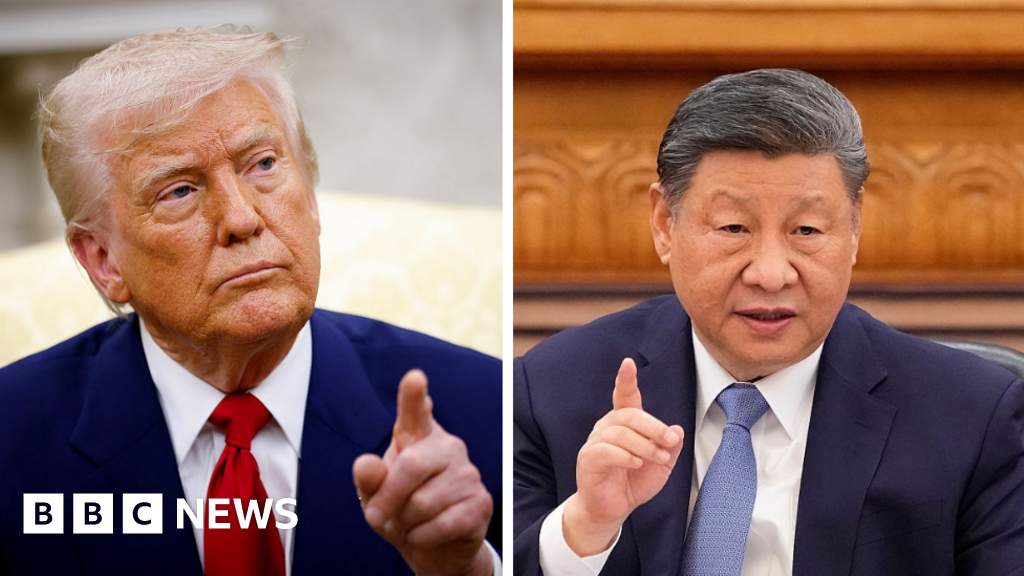
Investors are reconsidering long-held seasonal investment strategies following a turbulent period marked by unprecedented global events. The last few years have challenged conventional financial wisdom, compelling market participants to reevaluate the timing and rationale behind their investment decisions.
For decades, investors have leaned on seasonal mottos such as ‘Sell in May and go away’ or ‘Santa Claus rally’ to guide decisions. However, the impact of the COVID-19 pandemic, soaring inflation, and heightened geopolitical tensions—including trade wars—has disrupted historical market patterns and rendered many of these adages less predictable.
During the pandemic, global markets saw wild swings driven by uncertainty and rapid shifts in consumer behavior, supply chains, and monetary policy. Central banks around the world carried out aggressive interest rate cuts and liquidity measures to stabilize economies, diverging significantly from historical norms. Inflation, which remained dormant for years, surged to multi-decade highs in many developed economies, forcing central banks to raise interest rates quickly and repeatedly.
Simultaneously, trade disputes—most notably between the United States and China—have introduced persistent uncertainties around global supply chains, tariffs, and international investment flows. These conflicts have further complicated the investment landscape, adding volatility and undermining the assumptions that underpinned many seasonal investing strategies.
In light of these developments, financial experts are advising investors to be more data-driven and agile. Rather than relying solely on seasonal trends, they suggest incorporating real-time economic indicators, corporate earnings updates, and geopolitical developments into portfolio decision-making.
As the global financial environment continues to evolve, investors are increasingly prioritizing flexibility and resilience in their strategies. While seasonal patterns may still hold relevance in some circumstances, the new economic climate demands a more adaptive and nuanced approach to investing.
Source: https:// – Courtesy of the original publisher.








